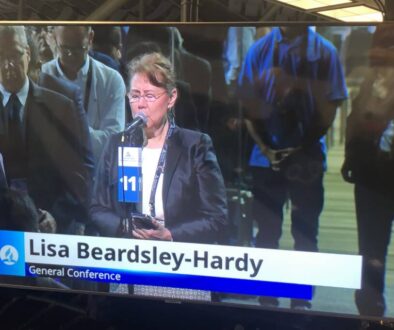Leading Evangelical Journal Decides the Adventist Movement is Too Big to Ignore
By AT News Team, Jan. 10, 2014: It is the Christian magazine with the largest circulation in the United States, but Christianity Today (CT) has published almost nothing about the Seventh-day Adventist denomination in recent decades. The January-February issue of the journal broke its silence with “The Season of Adventists,” page 18.
The article acknowledged that the Adventist faith has become “the fifth-largest Christian communion worldwide, after Catholicism, Eastern Orthodoxy, Anglicanism and the Assemblies of God.” It reported the rapid growth of the Adventist movement. “In 2014, for the 10th year in a row, more than 1 million people became Adventists, hitting a record 18.1 million members.”
It quoted Pastor Ted Wilson, president of the Adventist denomination, about the fear that the movement may be too successful and in danger of losing its “distinctive biblical truths.” It also quoted an independent ministry with the same concerns and stated that Wilson listed “people moving ‘independently’ from the main church” as one of the “ways that Satan is attacking Adventism.”
The reporter evidently interviewed Wilson as well as had access to the transcript of his sermon in October during the annual meeting of the denomination’s General Conference (GC) executive committee. Other concerns that Wilson shared with CT included Adventists who identify with the larger Christian community, “cheap grace,” making it easier to join the Adventist faith, and “advancing Pentecostal worship styles.”
The article also quoted David Neff, the recently retired editor of CT, who was raised in the Adventist denomination and served as an Adventist pastor until the early 1980s when he was hired as an editor by Inter Varsity Christian Fellowship, the Evangelical campus ministry. The report also attributed tension between the GC and the denomination’s North American Division (NAD) to similar issues.
“Many NAD members are seeking more dialogue with mainstream evangelicals,” the article stated. “The NAD has also overwhelmingly approved women’s ordination, despite a global denominational ban.”



